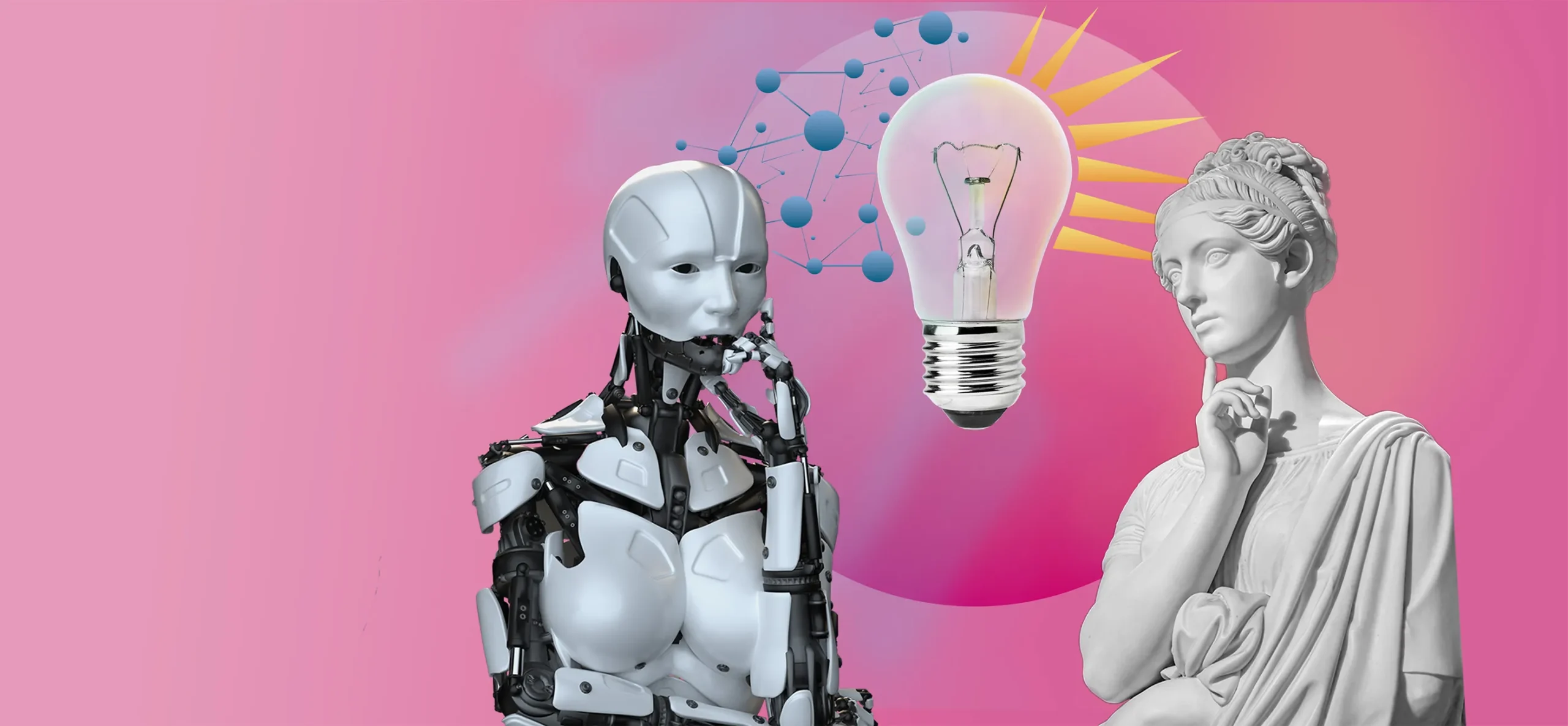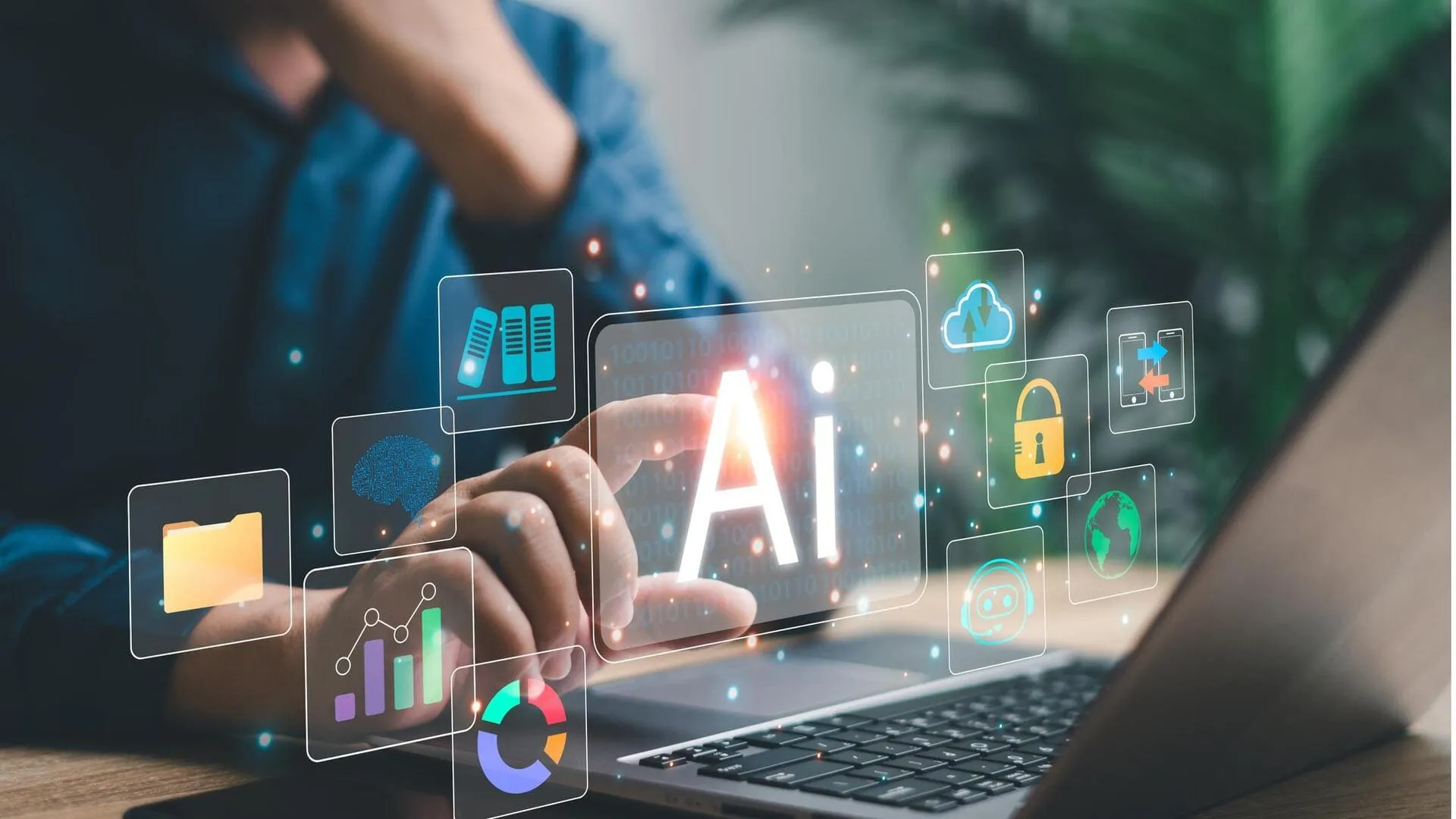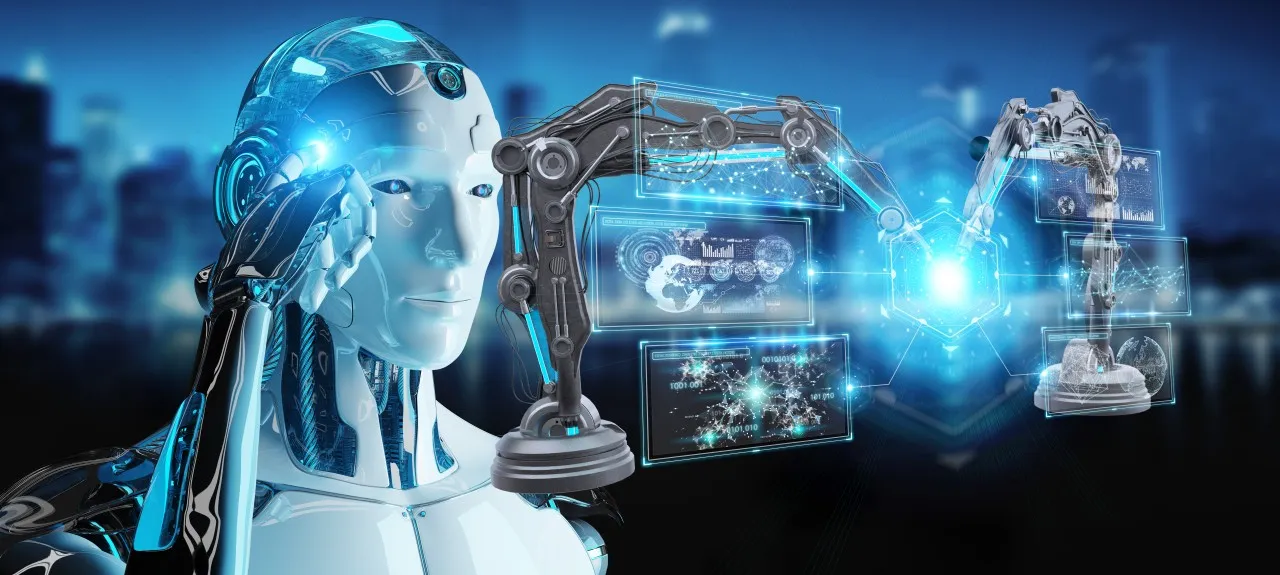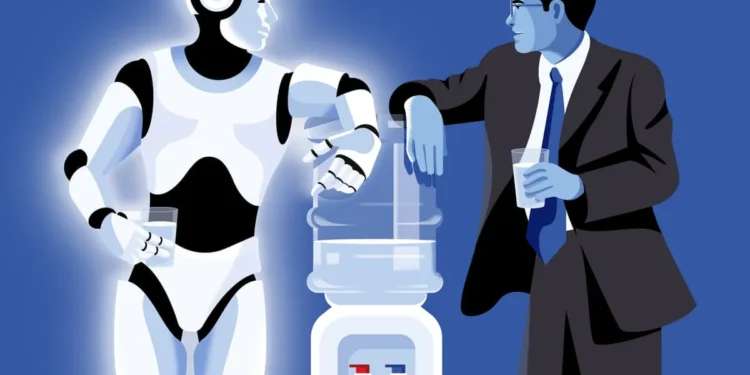In a recent collaborative study by Carnegie Mellon and Microsoft, alarming insights have emerged regarding the unintended cognitive consequences of relying heavily on artificial intelligence (AI) in professional settings. The research, scrutinizing the use of generative AI tools in workplaces, points to a significant decline in critical thinking abilities among employees who lean heavily on these technologies for their daily tasks.

A Shift from Execution to Oversight
The study’s revelations come from a comprehensive survey involving 319 knowledge workers, a term encompassing a broad range of professionals from social workers to software developers. Participants were asked to reflect on their use of AI tools in the workplace and evaluate the level of critical thinking involved in their interactions with the technology. Collecting over 900 real-life examples, the researchers were able to paint a disturbing picture of the cognitive shifts occurring in today’s tech-enhanced work environments.
The findings are clear: the reliance on AI not only diminishes the frequency of critical engagement but also leads to a worrying decline in the quality of decision-making and problem-solving skills. As one of the researchers pointedly noted, “Used improperly, technologies can and do result in the deterioration of cognitive faculties that ought to be preserved.”

The Irony of Automation
A critical irony highlighted by the study is that while AI automates routine tasks and assigns exception-handling to humans, it paradoxically deprives users of regular opportunities to exercise their judgment. This lack of routine cognitive engagement leaves them “atrophied and unprepared” when faced with tasks that require immediate and intuitive decision-making.
Critical Thinking: Casualty of Convenience?
The data shows a concerning trend: individuals who trust the accuracy of AI tools are the ones most likely to engage less critically with the outputs of these systems. This shift in cognitive effort from task execution to mere oversight suggests that while AI may enhance efficiency, it potentially undermines the very skills that professionals rely on to innovate and solve problems creatively.
Moreover, the research also touched on the impact of AI on creativity at work, noting that individuals using AI tend to produce a less diverse set of outcomes compared to their counterparts relying on traditional problem-solving approaches. This suggests that not only critical thinking but also creative outputs are at risk in the increasingly automated workplace.

Long-term Implications and the Path Forward
These findings raise profound questions about the long-term implications of widespread AI integration into professional environments. The ease and efficiency promised by AI tools might be enticing, but they come at the potential cost of reducing our cognitive resilience and problem-solving capabilities.
As businesses and professionals continue to integrate AI into their workflows, it becomes imperative to balance efficiency with critical oversight. Training programs emphasizing critical thinking and creative problem-solving in conjunction with AI tools could be vital in mitigating the cognitive downsides of technological reliance.










